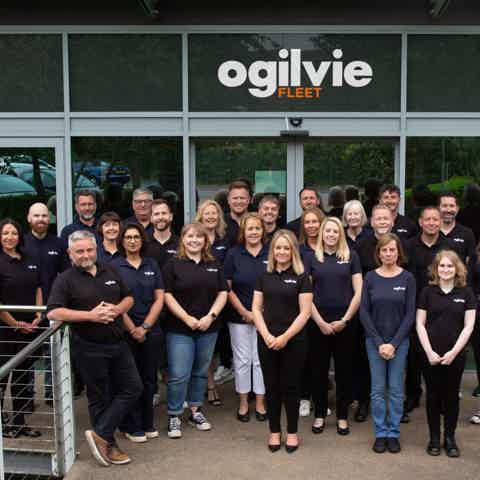Company car tax rates 2020/21 to 2022/23
Posted on 10 Jul 2019
4 min read
Company car benefit-in-kind tax rates for the three years 2020/21 to 2022/23 have been announced by the Government.
The announcement, which sees company car benefit-in-kind tax rates for zero emission cars in 2020/21 cut to 0% from the previously announced 2% but all other already published rates remaining unchanged for cars registered before April 6, 2020, sees reduced rates for cars first registered from April 6, 2020.
The twin-track approach will remain in place for the two financial years 2020/21 and 2021/22 before company car benefit-in-kind tax rates realign in 2022/23 (see tables below).
Figures for 2023/24 and beyond have not been published and, said the Government, “remained under review”. It said it would “aim to announce appropriate percentages at least two years ahead of implementation to provide certainty for employers, employees and fleet operators”. Therefore, it can be anticipated that 2023/24 company car benefit-in-kind tax rates will most likely be announced in the Budget in November 2020.
In announcing the new rates, the Government said it “recognised the value of the company car market in supporting the transition to zero emission technology. This is reflected in a higher proportion of company cars with zero emissions – compared to private registrations – and the high proportion of these that are subsequently supplied to the second-hand market after three-four years”.
The Government added: “By providing clarity of future appropriate percentages, businesses Will have the ability to make more informed decisions about how they make the transition to zero emission fleets.”
The announcement follows a Government review of both company car benefit-in-kind tax and Vehicle Excise Duty in the wake of last year’s introduction of the Worldwide harmonised Light vehicles Test Procedure (WLTP). The new vehicle emissions and fuel economy testing regime replaced the long-established New European Driving Cycle (NEDC) test.
In the 2017 autumn Budget, the Government announced that cars registered from April 2020 would be taxed according to WLTP carbon dioxide (CO2) emission figures.published motor manufacturer emission figures highlighted that WLTP values would be higher than NEDC values. As a result the review was ordered by ministers.
Review respondents provided data showing increases in CO2 values ranging from 7% to 40% as a consequence of testing under WLTP rules. On average, WLTP results were about 20%-25% higher than NEDC figures with cars with smaller engines, and lower emissions, impacted the most and diesel cars slightly more than petrol models
The Government said that “significant evidence was not provided” during its review to “suggest that WLTP would cause individuals to opt-out of company cars”.
Industry organisations had lobbied for the recalibration of company car benefit-in-kind tax rates to be neutral – the Government is to maintain existing Vehicle Excise Duty rates on introduction of WLTP-based taxation from April 2020 (see below).
In the repany car benefit-in-kind tax decisions announced by the Government are that:
· To accelerate the shift to zero emission cars, all zero emission models will be 0% rated in 2020/21, 1% in 2021/22 before returning to the planned 2% rate in 2022/23
· For all other cars first registered before April 6, 2020 rates for 2021/22 and 2022/23 will be frozen at previously announced 2020/21 levels
· For cars first registered from April 6, 2020, most company car tax rates will be reduced by two percentage points in 2020/21 compared to those registered before April 6, 2020 before returning to planned rates over the following two years – increasing by one percentage point in 2021/22 and a further one percentage point in 2022/23.
In announcing the changes the Government said it “recognised that WLTP represented a significant change to the vehicle tax system and was aiming to support the automotive tax sector – and protect consumers – during the transition”.
The Government response continued: “Due to the range of WLTP impacts on CO2 emissions, this approach means some conventionally fuelled cars will be liable to pay an equal amount of company car tax as today, whilst others will pay more, and a smaller number of models could pay less.”
Legislation to implement the changes relating to cars registered from April 6, 2020 will be included in the 2019/2020 Finance Bill slated to be start its path through Parliament on Thursday, July 11.
Full breakdown of company car benefit-in-kind tax rates for cars registered before and after April 6, 2020 can be found at FleetNews.



